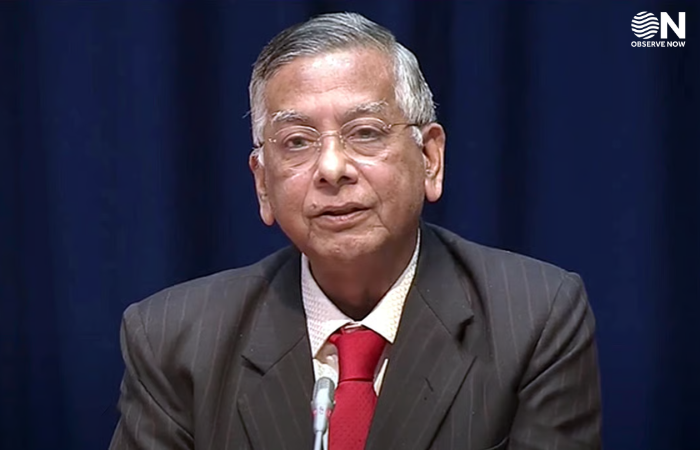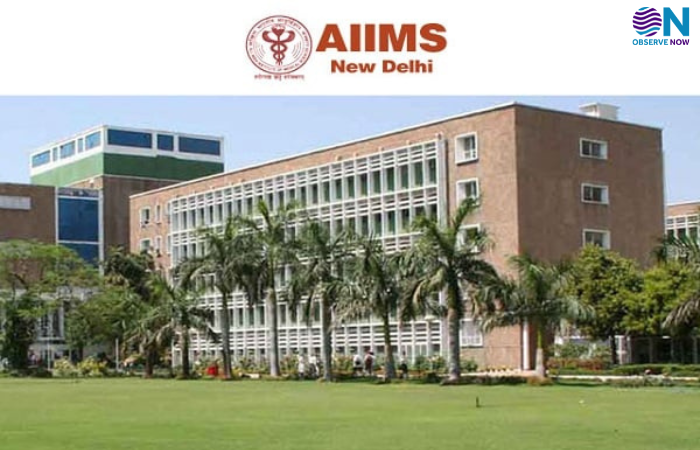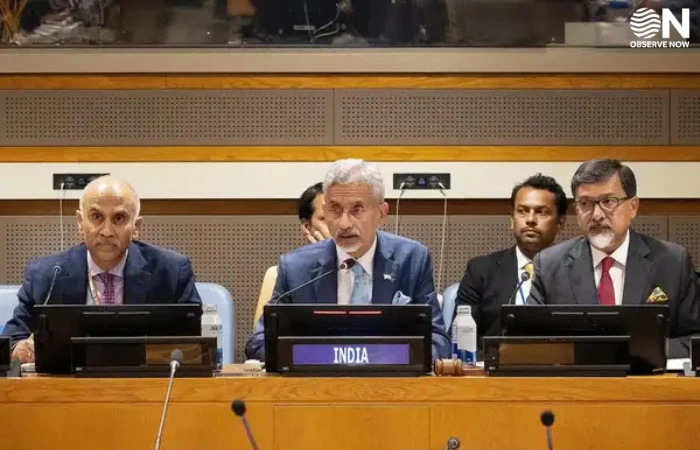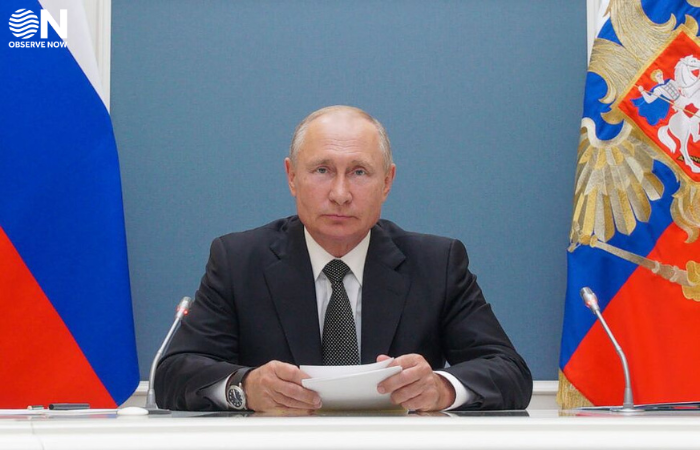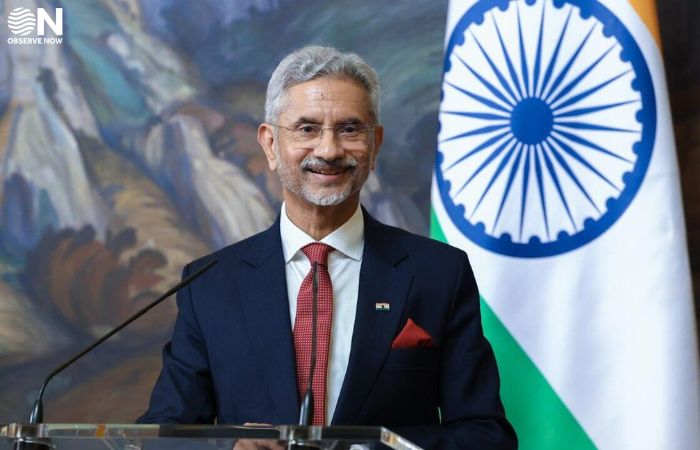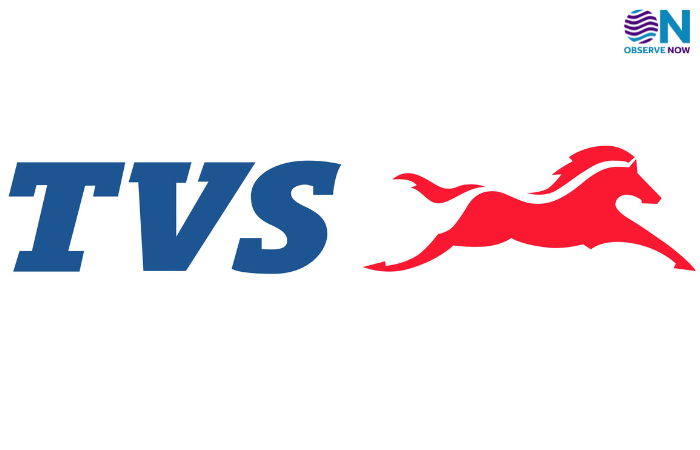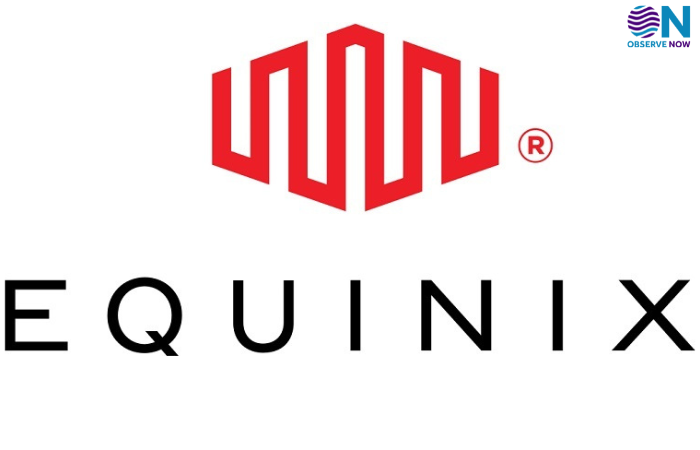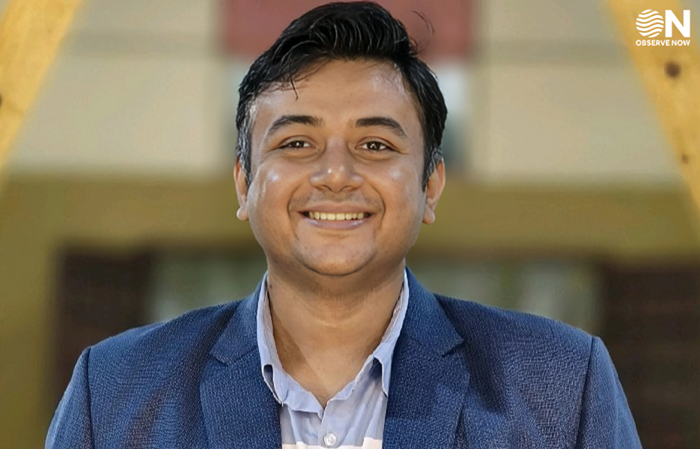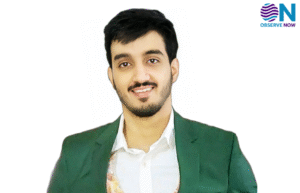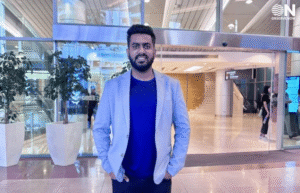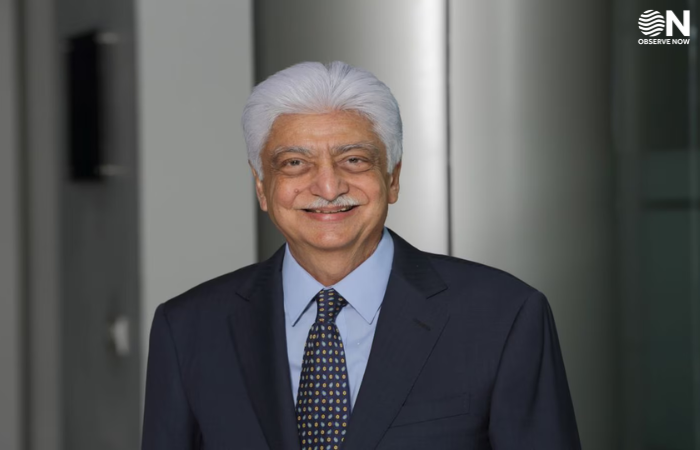Centre Extends Attorney General R. Venkataramani’s Tenure by Two Years
The Government of India has extended the tenure of Attorney General R. Venkataramani by two years, effective from October 1, 2025. His term will now continue until September 30, 2027, reinforcing continuity in the country’s top legal advisory position.
Venkataramani has been serving as India’s Attorney General since his appointment, providing crucial legal counsel to the government on a wide range of constitutional, legislative, and judicial matters. His extension signals the government’s confidence in his expertise and ability to guide it through complex legal challenges.
The Attorney General is the chief legal advisor to the government and represents the state in important legal proceedings. Venkataramani’s role involves advising on constitutional interpretations, defending government policies in courts, and ensuring the legality of executive actions. His continued presence is seen as vital for maintaining consistency in India’s legal strategies and navigating ongoing and future legal issues.
This extension comes amid a dynamic legal and political landscape in India, where the Attorney General’s advice often plays a key role in shaping government decisions and upholding the rule of law. Venkataramani’s tenure extension reflects the government’s intent to sustain steady legal leadership during this period.
Legal experts have acknowledged Venkataramani’s contributions, noting his balanced approach and deep understanding of constitutional law. His ongoing term is expected to strengthen the government’s legal team as it addresses critical national matters.
Overall, the two-year extension of R. Venkataramani as Attorney General underscores the government’s trust in his legal acumen and ensures continued guidance in India’s complex legal affairs. This move aims to provide stability and expertise at the highest level of legal advisory.


